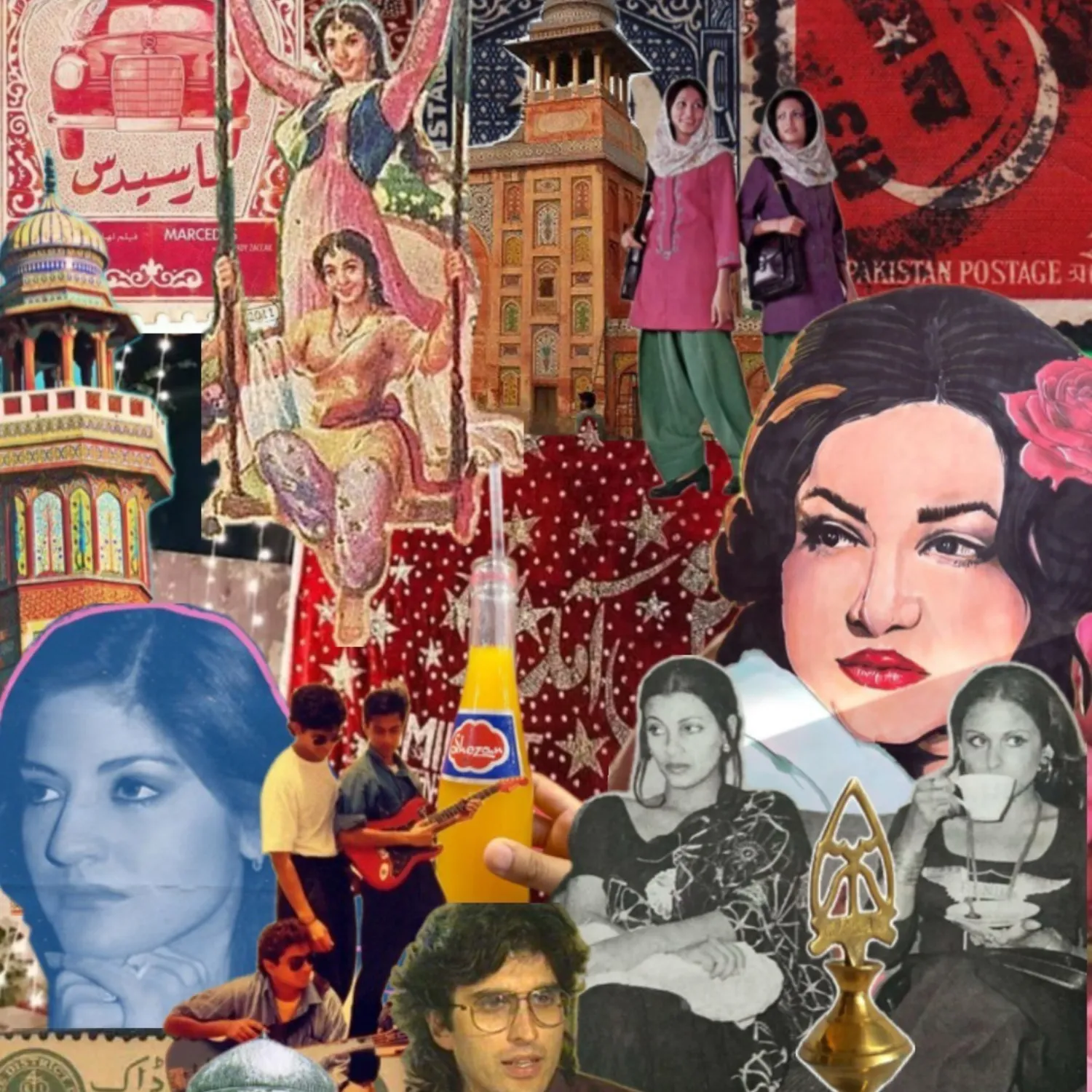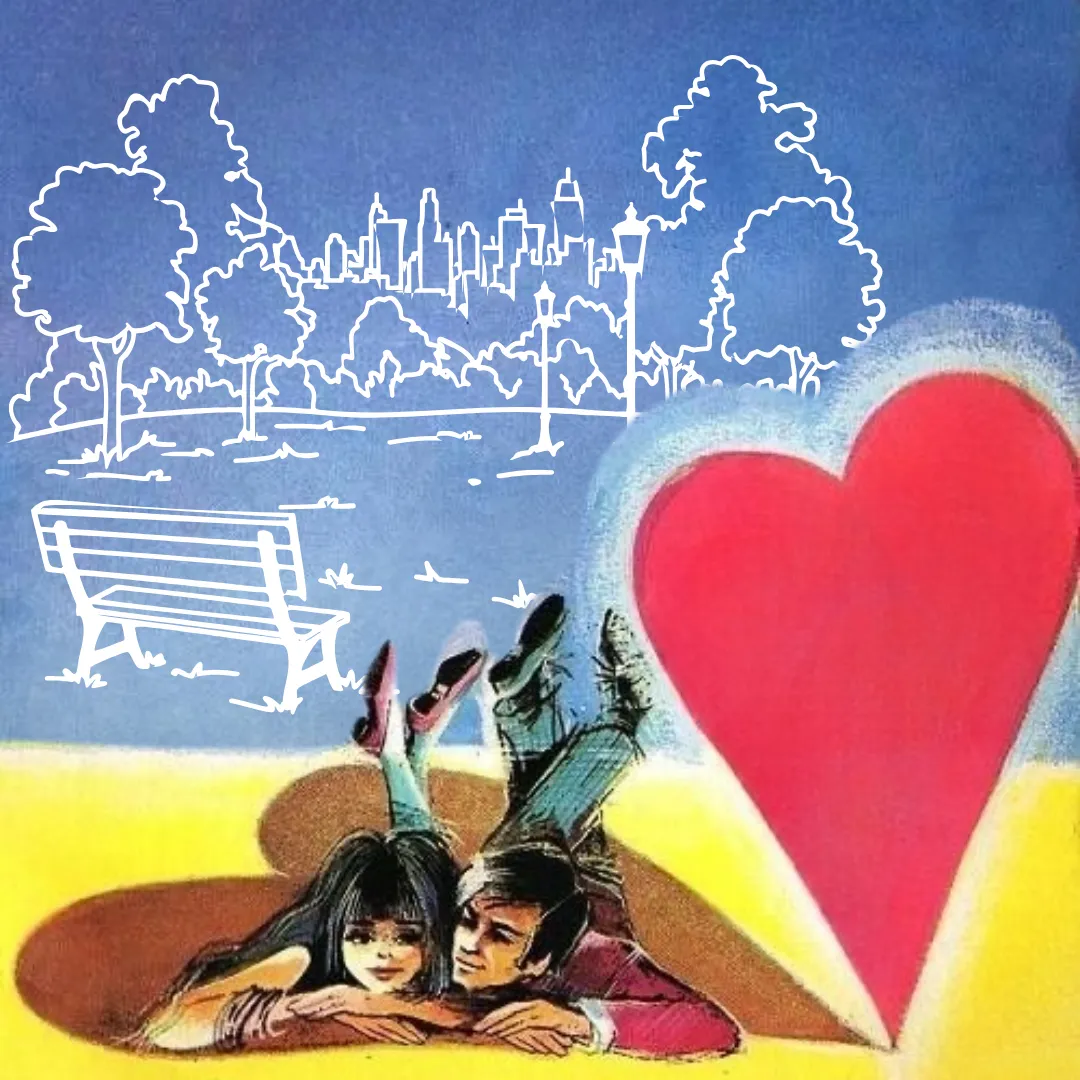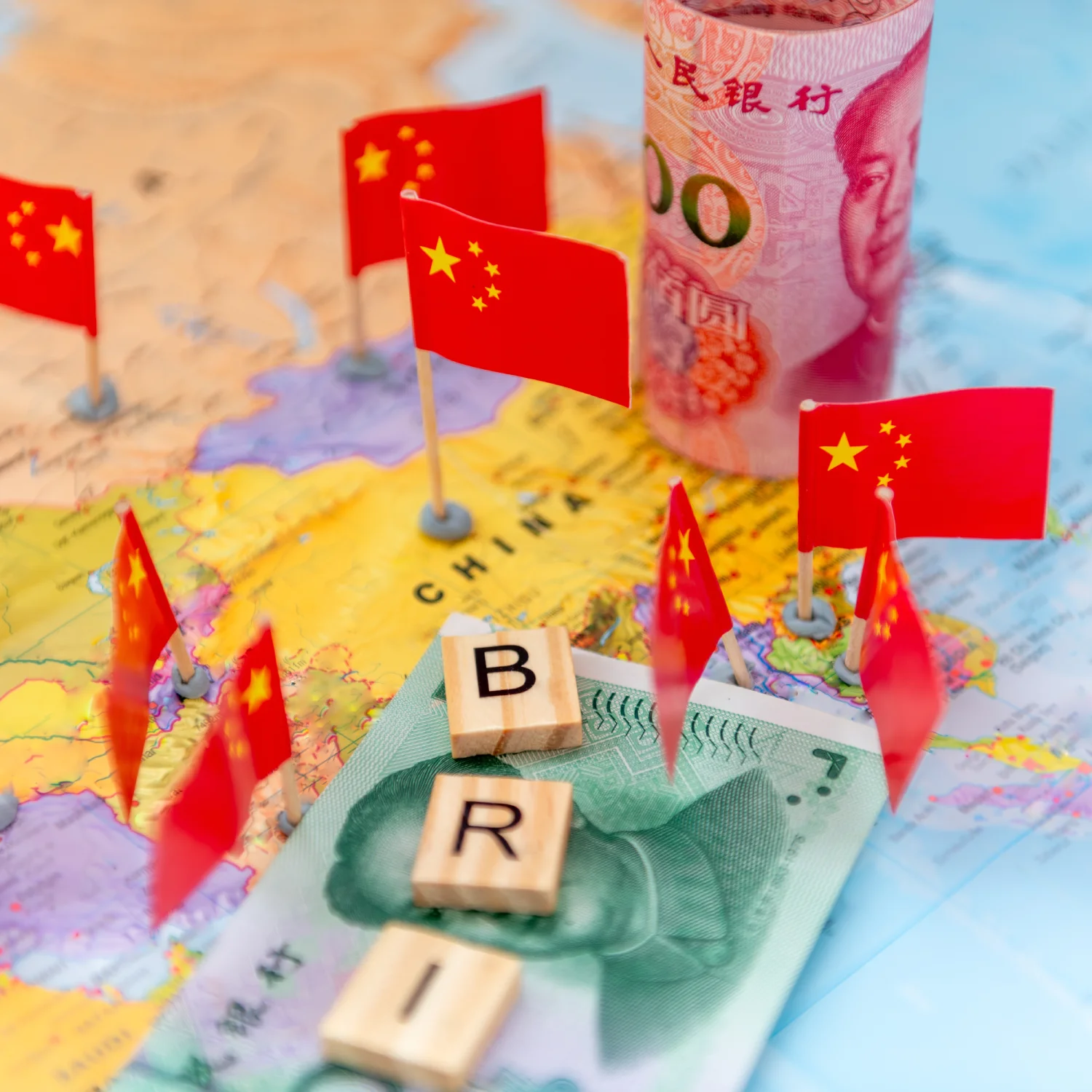Every Instagram video now starts with something like this: did you know and honestly, yes, yes I did, and I would like to know something new now.
For some reason, we’ve started to confuse nostalgia with history; studying history is great, excellent, much-needed, probably should be made mandatory for some of you, but then there is this relentless dependence on the past that has dominated marketing and creative output in recent years. It’s everywhere: black and white images of ‘the way we (a handful of rich people) were’, the endless recycling of references from the 1960s and 1970s and 1980s and even the 2000s, all served up in ads and clothing lines and home decor.
To borrow a line from the late Andre Leon Talley, it’s a famine of beauty! Is there a moratorium on new ideas? Are there no interesting hemlines? No song or memory that cannot be ruined, reproduced, remixed and recycled in lieu of something current? Is there no street that can be spared from the Indiana Jones treatment on Instagram?
Enthusiasm is passé, there’s a cultivated look of boredom about everything, as if our best days are already behind us, and whatever’s happening now is already irrelevant.
There’s an almost endless revisiting of old ideas around us all the time, from politics to fashion, as if this time around we can extract something good out of them, and friends, please, let us hold hands and remember that some things were bad the first time around too: Bride and Prejudice, black forest cake, tattoo necklaces, lipliners, low rise jeans, the size zero look, the harassment of female lawyers, fascism. We’re even back to the post-2001-Pakistan-and-America-are-allies (of some kind) era. (I’m fully expecting a ‘Yeh Hum Naheen’ remake any day now.)
People are romanticising things like their mum’s 1990s wedding looks, which, have you noticed, even brides of the 1990s don't seem very interested in bringing back? It’s almost hilarious to think how even some of the stars of the 1970s like Rekha or Zeenat Aman aren’t steeped in this tired nostalgia, while younger actors are attempting a tiring cosplay of their best hits. (If you’re interested, take a look at the footage from Shabana Azmi’s birthday and tell me Rekha doesn’t look better than most Instagram influencers put together.)
Why are we stuck in this endless retro loop? Perhaps there’s almost a reluctance to be earnest, even excited about new things, ideas, people, musicians, art, popular fiction. Enthusiasm is passé, there’s a cultivated look of boredom about everything, as if our best days are already behind us, and whatever’s happening now is already irrelevant. It isn’t surprising to me that people don’t want to engage with TikTok, or aren’t interested in going to a concert featuring the musician of the moment; but what does surprise me is that they’re even uninterested in learning about what’s new. How can you live your life in such a deeply uncurious way? (And do you have no young nephews/nieces/children/students in your life for whom you need to stay current?)
It feels like such a disservice to people who are making art now, and to the past. The reason things were exciting and fun in whatever decade you’re nostalgic for, or are picking a reference from is because people took risks: drastic haircuts; image makeovers. Being not-coy about dating! If it felt new and fresh because it was. It was not a homage, or a reliance on an archive, or a faithful reproduction. There was something beautiful and subversive about turning a song like Meray Naseeb Main on its head; but reproducing something like that now just feels stale and done.
It’s not surprising, because much of what we think is nostalgia, isn’t even genuine, but appears to be the product of policy makers and brand managers and stylists who can’t seem to find a new idea or bet on one. And so, television shows are being rebooted even as memories of the ghastly reboot of Sex and the City still lingers, and the words ‘comedy concert’ will haunt one forever. It seems like so much of what passes for cultural output these days hinges on trying to make people remember what they were like when they were younger or happier. It’s also a clear lack of commitment to original ideas, and so there’s an endless recycling of old content to market to millennials—everything from concert tickets to rebooted versions of long-concluded television shows like Scrubs or Dexter or Buffy the Vampire Slayer—in the hopes that nostalgia will make them consume more things. After all, nostalgia makes one feel good, makes one even long for a time in which one was younger and happier, when one wasn’t worn down by the daily grind, and when a kebab roll cost twenty five rupees.
It’s not surprising, because much of what we think is nostalgia, isn’t even genuine, but appears to be the product of policy makers and brand managers and stylists who can’t seem to find a new idea or bet on one.
It’s probably a good thing that content creators are thinking about history, but at the very least, these stories and anecdotes and whatever has been clubbed together as ‘heritage’ deserves some context. (And mostly, we can’t talk about history without crediting the scholars who made this work possible! I understand Instagram doesn’t lend itself well to footnotes, but surely, you did not magic your ‘did you know’ knowledge out of nowhere.) But so much of this history being presented is stripped of context. We can’t talk about the 1960s without the inequitable distribution of wealth, or the 1970s without the East Pakistan debacle; the 1990s without sanctions and corruption, the 2000s without the manufactured ‘enlightened moderation’ era and the erosion of civil liberties.
Nostalgia can come with an insidious agenda; it’s not just a whitewashing of the past, but also to make people believe that they could regain the glorious days of their youth again, if only they could go back to a certain way of politics or culture or lifestyle. It’s the kind of fantasy you often see expressed in the comments of vintage photos; it’s a desire to freeze life in a bubble, or when nepo baby politicians cosplay as their illustrious parents. (You see this in the ultra right-wing discourse in America.)
“In a sense, certain types of nostalgic longing can be associated with ‘political and social manipulations’,” writes Shurong Cao in their paper on the cognitive processing of nostalgia, “which means that nostalgia is sometimes employed to justify national or political goals. To some extent, the widespread political appeal of ‘Make America Great Again’ (MAGA) put forward by Donald Trump … represents the utilisation of nostalgia in political rhetoric. Essentially, this slogan serves as a manifestation of national nostalgia, assisting political actors to mobilise support and realise political purposes by conjuring up vague images of bygone golden ages.”
Nostalgia can only sell so much. There’s this brief flutter of recognition, and I’m sure, a sense of undeniable joy at remembering the past, when one remembers what it was like to be younger and happier, with friends, in love, alive, full of possibilities. But I nearly fell over scrolling through Instagram one day, watching almost every single person I follow in Karachi post videos at the same concert for Noori, whose lead singer’s public flameout over being accused of sexual harassment seems to have been forgotten, again, in lieu of remembering the ‘good old times’. As I watched video after video from the concert I felt incredibly despondent; not just for the selective memory that seems to have settled in, but for the absolute reluctance to be critical about the past. Once the music is over, we have to reckon with the reality that we live in 2025 now, not 2005.





